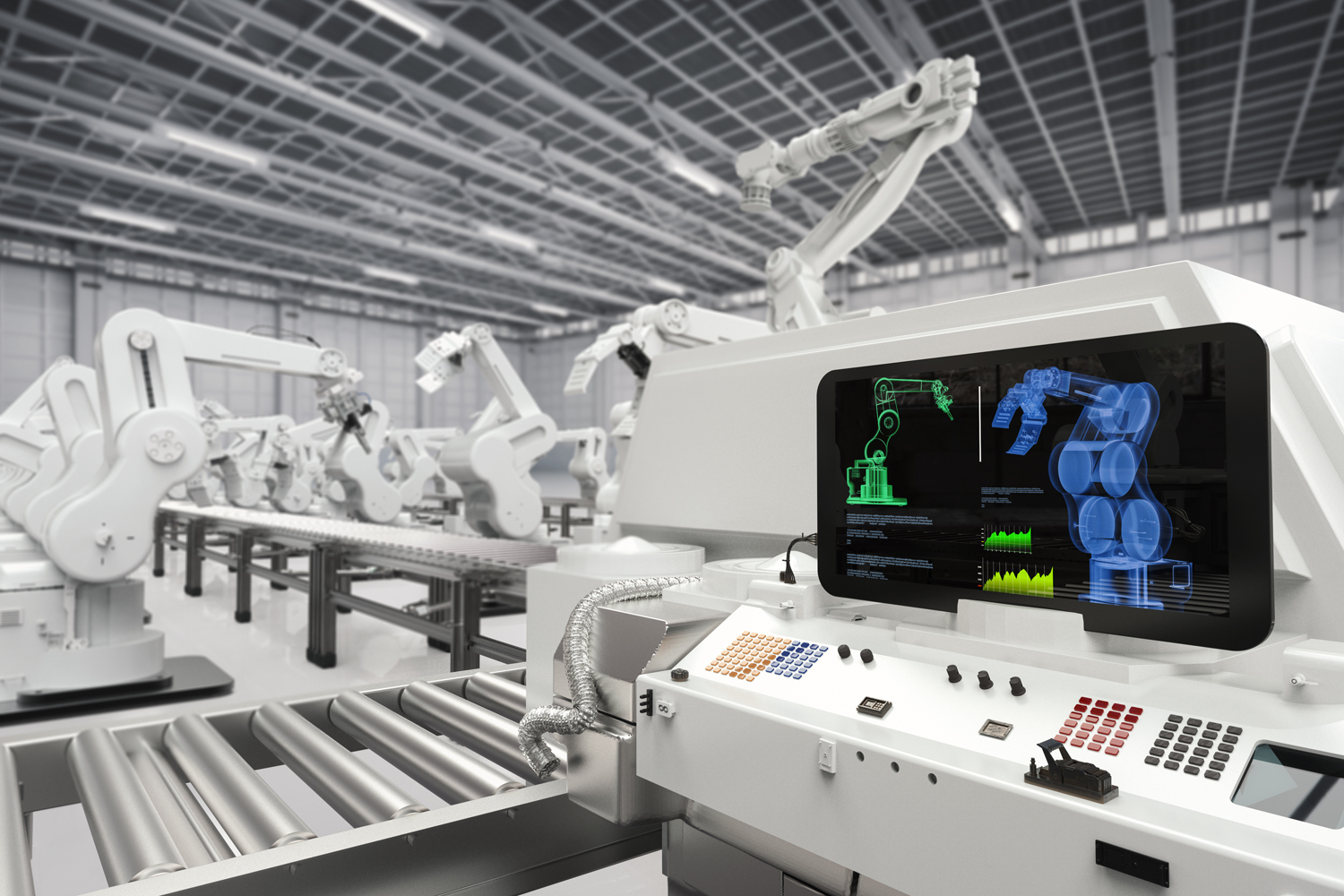
Elevating Industries Post-Covid
Momentum is building towards transitioning to a Bio-Circular Green (BCG) economy, with the country seeing an important shift with an increase in smart factories involving the upscaling of technology to industrial production. The challenges of COVID, rebounding from the pandemic, and remaining competitive in the region and global economy require a strong focus on improving productivity. However, one of the key sectors benefiting from the digitalisation of factories and facilities is manufacturing, one of the main drivers of the Thai economy, which will become a more prominent contributor as the country advances further with its reopening. The transformative shift promoted by Thailand 4.0, and as part of the BCG approach, will contribute to increased economic prosperity as the country advances into a new, digital age with a focus on turning traditional, labour-intensive business models into modern, efficient, and innovative approaches. By adopting technologies like 5G to the digital transformation of smart factories, companies can raise the competitiveness of Thailand’s manufacturing industries, with an aim of attracting new investment to the country. The pandemic has led to increased investment within Thailand’s manufacturing sector, specifically the creation of smart factories through IoT, artificial intelligence (AI) and other technologies. According to the Kasikorn Research Center, the Covid-19 pandemic will accelerate the growth of the smart factory solutions (SFS) business by 10%, due in large part to the needs of large manufacturers that wish to reduce their dependence on labour.
Time to Go Smart
Companies are transitioning with an eye to sustainability and incorporating advanced technologies in their manufacturing processes and facilities, facilitated by the Thai government’s enabling framework, a supportive business environment, and support from the BOI. The journey to becoming a so-called smart factory does not have to occur all at once. Manufacturers can implement incremental changes depending on how mature the facility already is. As general examples, some businesses may simply take data from programmable logic controllers (PLCs) and put it into a dashboard to provide visibility, which is a huge step, while for others, the time may be right to turn to predictive technology and machine learning. To give a boost to companies located in popular manufacturing areas, the BOI recently announced an improved investment package for smart industrial estates and zones and a new incentive package for upgrading existing industrial estates and zones. To qualify, projects must provide ‘smart system services’ to customers in five key areas: Smart Facilities, Smart IT, Smart Energy, Smart Economy, and at least one of the three other smart system services, Smart Good Corporate Governance, Smart Living, and Smart Workforce. The BOI is also promoting the development of smart systems for use in industrial estates and zones. Approved projects will be granted an eight-year corporate income tax exemption. Those located in the Eastern Economic Corridor (EEC) area will also enjoy a 50% corporate income tax reduction for an additional five-year period. This effort can, therefore, incentivise a smart transition for both factories and the industrial estates/zones where they are located.
Riding the 5G Wave
Given the reliance on advanced network usage, the major telecom companies are front and centre in the transition to smart plants and factories as 5G is deployed and harnessed for a range of functions which are turbocharging productivity and contributing to a culture of smart manufacturing. Digitalisation and partnerships are key components to the development of smart factories and while automation has always been at the heart of boosting industrial productivity, digital automation between manufacturers has been limited. This is now changing with the onboarding of applications that make use of more advanced technologies such as AI, machine learning, IoT, edge cloud computing and, most importantly, next-generation wireless connectivity provided by communications service providers and their technology partners. Many companies took advantage of the pandemic period to make their operations more resilient, implementing applications to digitise their facilities or making use of technologies and creating pathways to increased agility and improved competitiveness in the future.
Co-creating for Success
Smart factories can enable continuous production and minimise an overreliance on traditional business operations that are vulnerable to disruptions. Beyond the pandemic, smart factories can also create greater flexibility for business lines and production, thereby increasing factory competitiveness. One example of this collaborative approach involves AIS, which is working with ZTE Corporation and Suranaree Institute of Technology, to leverage 5G technologies to transform traditional factories into smart facilities. This industrial solutions approach involves the deployment of automated guided vehicles, inspection patrol robots, AR remote guidance, and VR real-time monitoring – all underpinned by standalone 5G digital infrastructure with reduced latency which provides full IoT support. Numerous other such collaborations and initiatives are underway, while the EEC Automation Park is serving as a valuable knowledge hub for robotics and automation, encouraging the Thai industrial sector to transform into smart factories by applying Industry 4.0 innovations. If industrial estates/zones or factories are ready to step up to a new and smarter environment supporting advanced manufacturing, the Thai government is driving an aggressive digital innovation agenda with businesses and communication services providers all playing a collaborative and catalytic role to power the country’s future and support a BCG economy.
